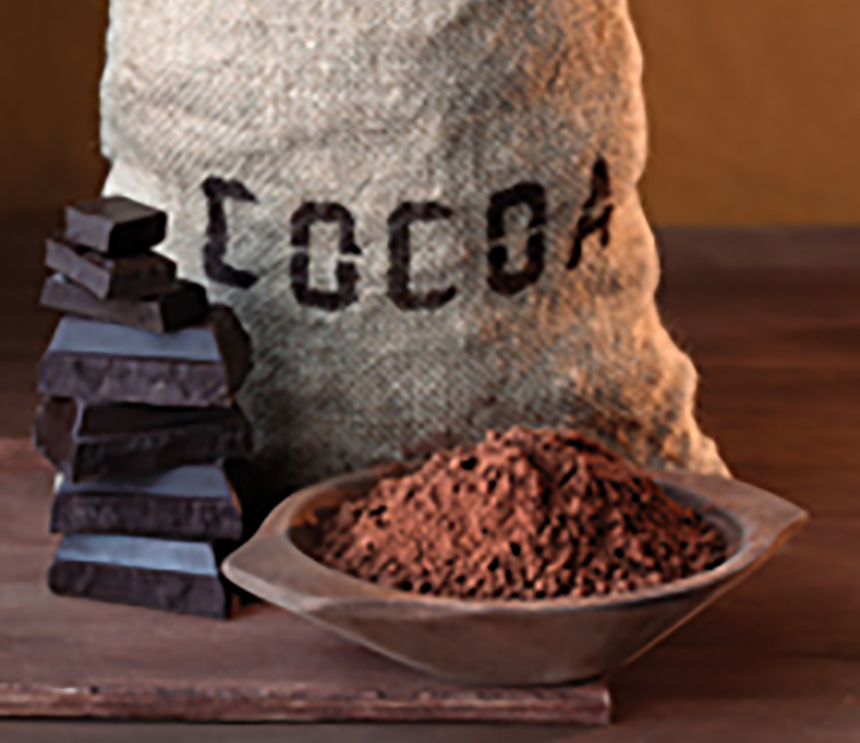
- Industry news
Industry news
- Category news
Category news
- Reports
- Key trends
- Multimedia
- Journal
- Events
- Suppliers
- Home
- Industry news
Industry news
- Category news
Category news
- Reports
- Key trends
- Multimedia
- Events
- Suppliers
Sharing farmer data is key to eliminating deforestation and boosting sustainable cocoa supply chain

16 Sep 2022 --- The European Cocoa Association (ECA) and the Association of Chocolate, Biscuit and Confectionery Industries of Europe (CAOBISCO) are on track to deliver access to cocoa marketing agencies’ farming data that the Associations’ Members have collected over the years.
According to the organizations, this data collection effort should feed into a combined database owned and driven by producing countries, in compliance with EU and national data privacy legislation, to achieve a robust nationwide traceability system.
Speaking to FoodIngedientsFirst, Christiaan Prins, chairman of the European Cocoa Association Sustainability Working Group, says farm data collection is crucial to building a sustainable cocoa supply chain.
“Understanding where cocoa is farmed is a precondition to prevent cocoa from being sourced from protected or deforested areas. In addition, farm data allows companies to support cocoa farmers with tailor-made development plans for their farms. Combining the data from different companies with cocoa origin government-owned data will greatly add to the transparency of the cocoa supply chain.”
In the past years, cocoa and chocolate-producing companies have mapped many of the locations of farms from which they are directly sourcing to ensure that this cocoa was not sourced from deforested areas.
 Farm data collection is crucial to building a sustainable cocoa supply chain.
Farm data collection is crucial to building a sustainable cocoa supply chain.
The announcement comes when legislative developments in producing and consuming countries have generated significant momentum to create more coordinated action to achieve national sector-wide traceability systems of specific origins.
Just this week, Barry Callebaut revealed it is leveraging polygon mapping and geo-localization to bolster sustainable cocoa and eliminate deforestation
Robust cocoa traceability
Compiling individual company datasets into an overarching database, and making it available to producing countries’ authorities, will be a material addition to establishing robust cocoa traceability in Côte d’Ivoire and Ghana.
For a fully traceable cocoa supply chain, it would be required for Côte d’Ivoire and Ghana to mandate traceability to all the cocoa sourcing companies active in their markets.
The upcoming EU Regulation on deforestation-free products and EU Directive on Corporate Sustainability Due Diligence, the Alliance on Sustainable Cocoa Roadmap endorsed by European, Ghanaian, and Ivorian stakeholders, and the establishment of an Economic Pact for Sustainable Cocoa by the Côte d’Ivoire-Ghana Cocoa Initiative – all share the belief in traceability for environmental, social and economic objectives.
A statement from ECA president Paul Davis and CAOBISCO president Aldo Cristiano reads: “The European Cocoa and Chocolate Industries are fully committed to addressing and contributing to the successful implementation of a functional system of regional and national cocoa farm traceability that will promote the objective of ensuring that products are deforestation-free when entering the EU single market.”
ECA and CAOBISCO are aligned with the EU’s objectives. “We believe that by collaborating with our partners and sharing common environmental goals, we can achieve optimal outcomes and create a win-win situation for all the actors of the cocoa and chocolate sectors, including for the millions of farmers upon whom confidence in their products depends.”
They also believe that “improved provenance in the origination of cocoa will further enhance our shared commitment to achieving sustained economic, social, and environmental progression in those sectors.”
By Elizabeth Green












